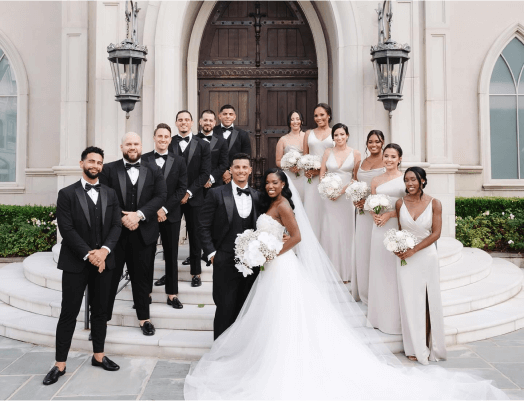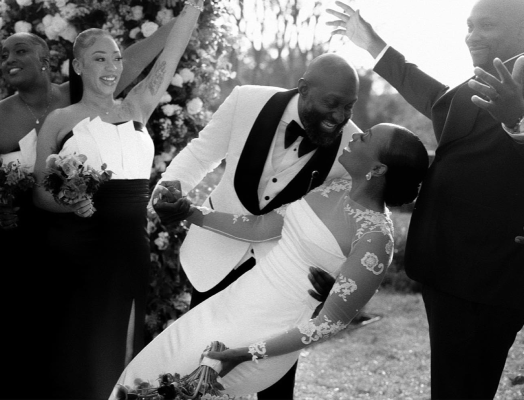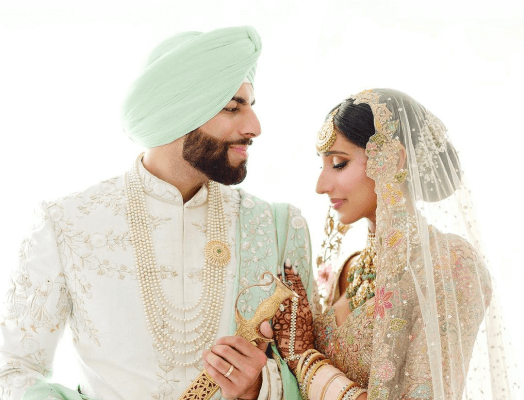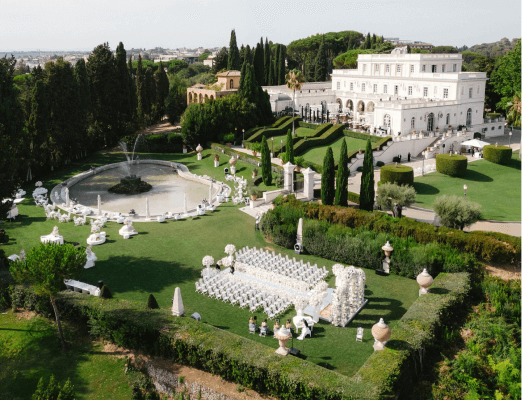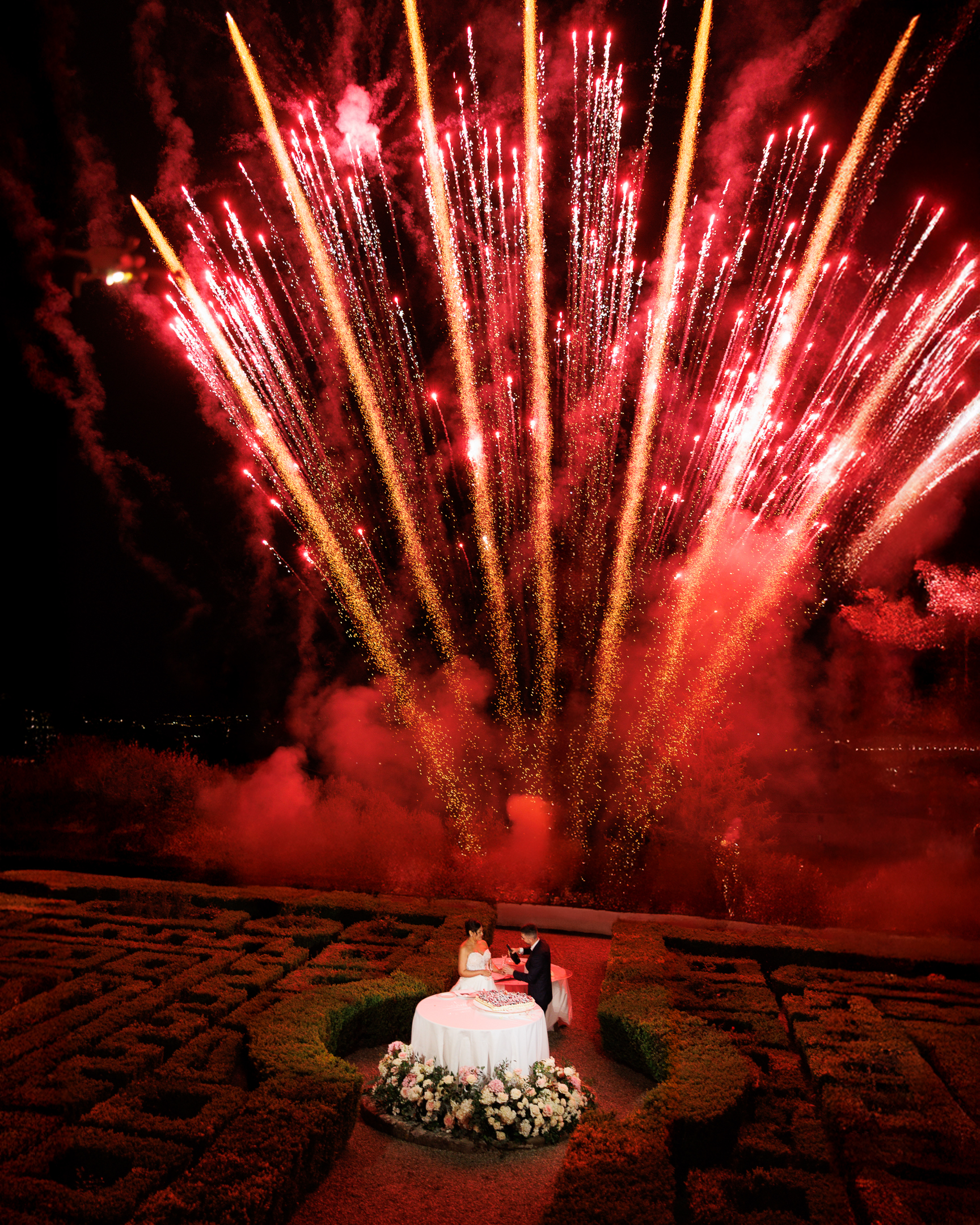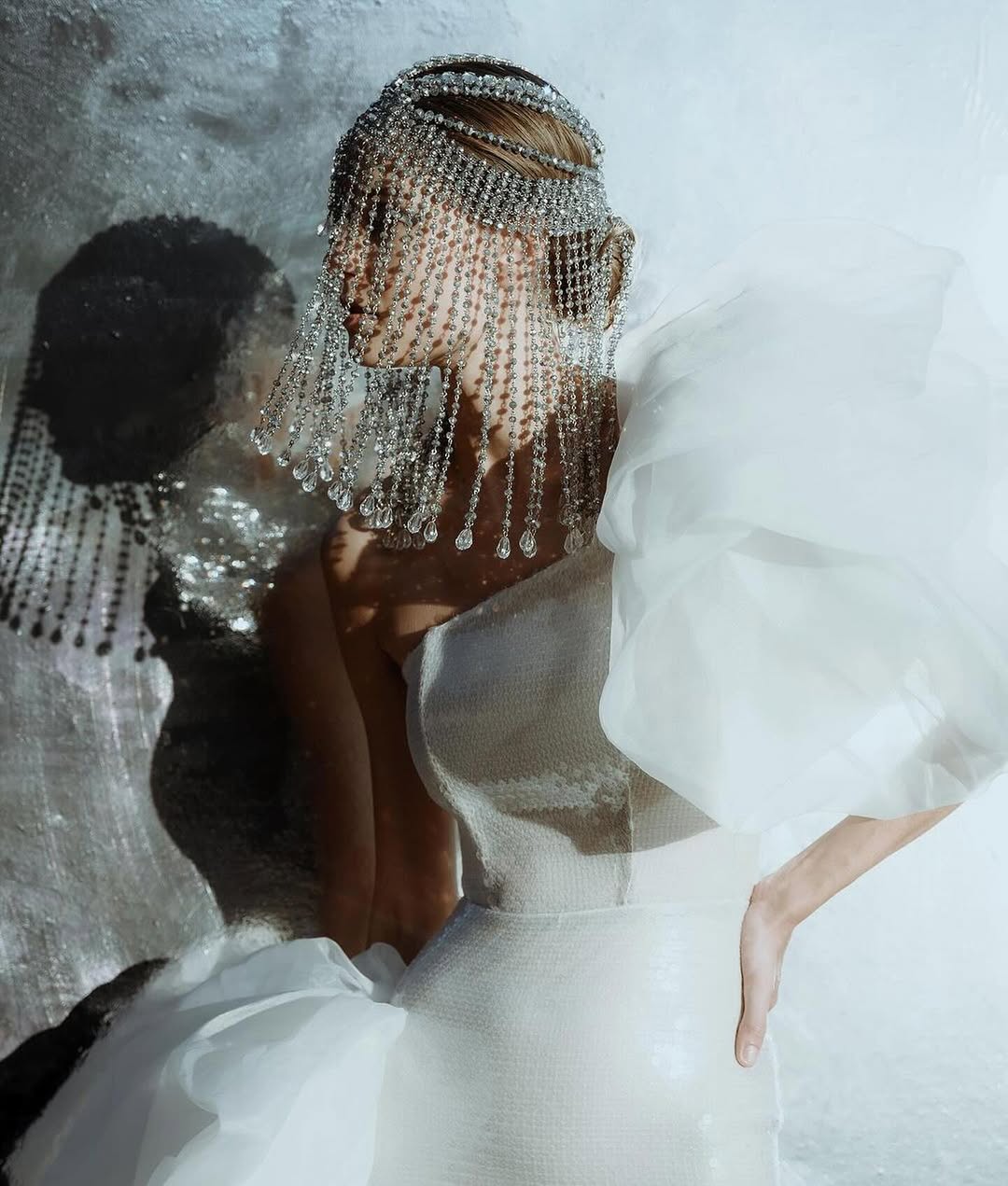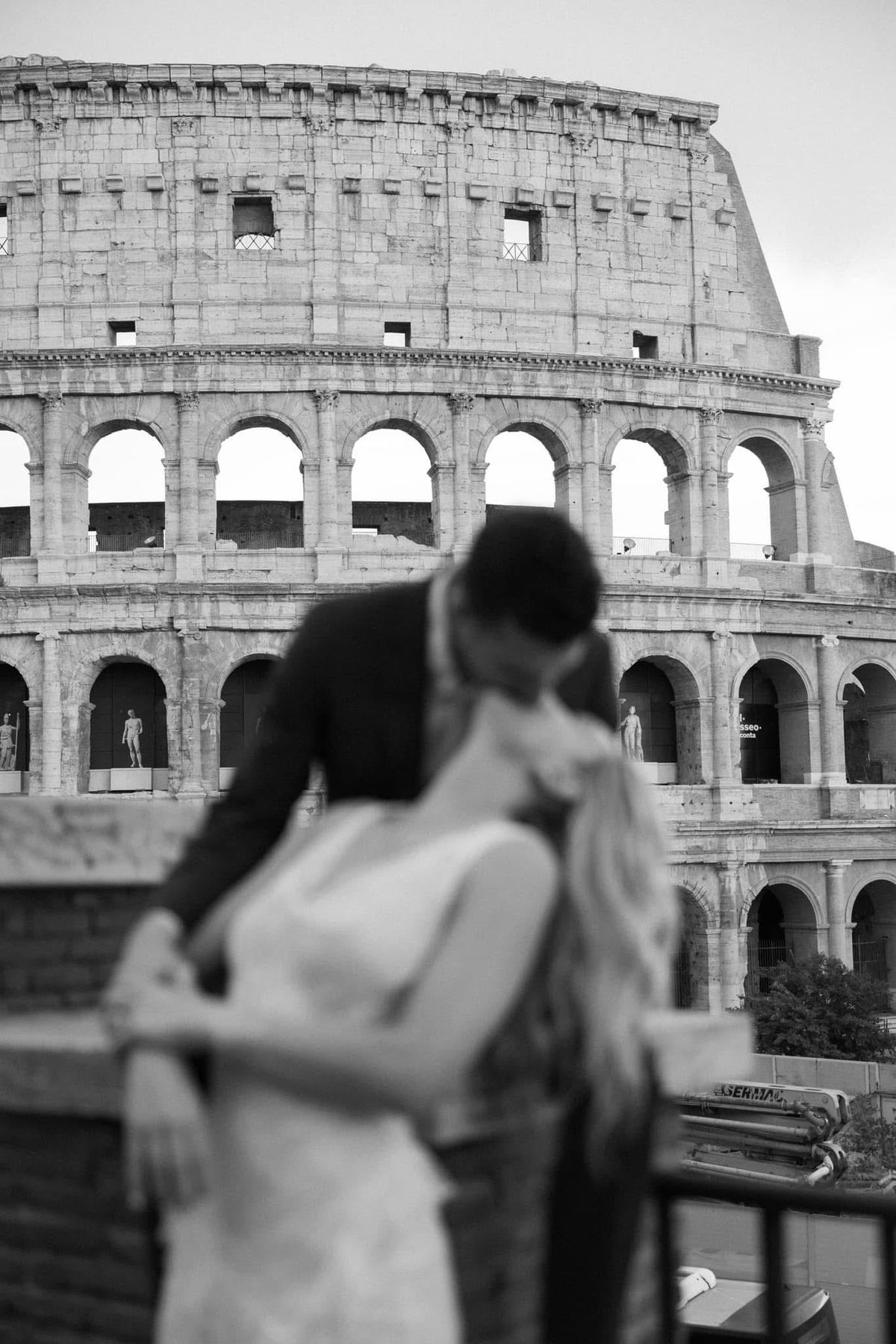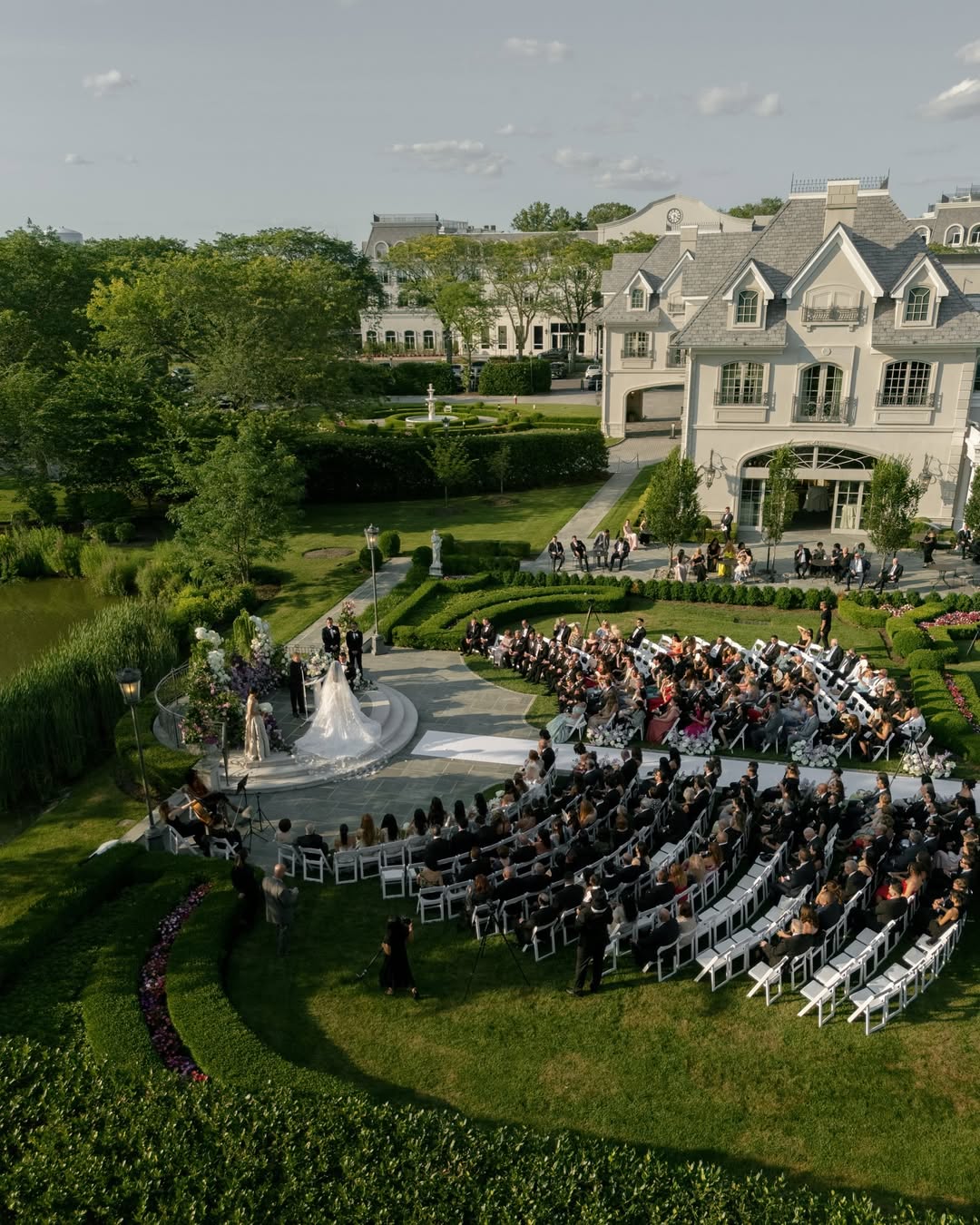Should You Compare Wedding Photographers and How To Do This
- Author: Natali Grace Levine
- Reading time: 6 min 47 sec
- Publication date: 09/25/2025
- Updated: 10/17/2025
- Why You Need to Compare Wedding Photographers
- Understanding Photography Styles Before You Start Comparing
- How to Compare Wedding Photographers: Your Step-by-Step Strategy
- Breaking Down the Budget Reality
- Watch Out for These Five Red Flags
- Essential Questions for Every Photographer Interview
- Contract Essentials That Protect Your Investment
- How to Make Your Final Choice Without Second-Guessing
Planning your wedding feels overwhelming enough without having to decode the photography world, right? Here's the honest truth: wedding photography comparison isn't just smart—it's absolutely essential. Your wedding photos will be the tangible memories you'll treasure forever, so let's make sure you're making the best choice possible.
Find Your Perfect Wedding Vendors
Why You Need to Compare Wedding Photographers


You wouldn't buy a car without test driving a few options, and your wedding photography deserves the same thoughtful approach. Each photographer brings their own artistic vision, personality, and technical skills to your big day. What works beautifully for your friend's rustic barn wedding might not capture the elegance of your ballroom celebration.
Plus, wedding photography represents a significant investment—often 10-15% of your total wedding budget. That investment deserves careful consideration, not a quick decision based on the first portfolio that catches your eye. The difference between an average photographer and the right photographer for you can literally transform how you remember your wedding day for decades to come.
Understanding Photography Styles Before You Start Comparing
Before you dive into portfolios, you need to understand what you're actually looking at. Wedding photography styles have evolved dramatically, and knowing the difference will help you communicate your vision clearly.
Photojournalistic photographers focus on candid moments and natural emotions. They're the ones capturing your dad tearing up during your first dance or your flower girl picking her nose during the ceremony. Fine art photographers lean toward editorial-style poses and dramatic lighting—think magazine-worthy shots with perfect composition. Traditional photographers excel at classic posed portraits and formal family groupings that your grandmother will absolutely love. Modern romantic style blends soft, dreamy editing with both candid and posed shots. Documentary style photographers act like invisible observers, capturing your day exactly as it unfolds without much direction. Dark and moody photographers use dramatic shadows and rich tones, while light and airy photographers create bright, ethereal images with lots of white space.
Understanding these distinctions helps you filter photographers more effectively and communicate what you want during consultations.
How to Compare Wedding Photographers: Your Step-by-Step Strategy


Start with your must-haves list before you dive into portfolios. Sit down with your partner and create your non-negotiables. Do you need someone who excels at candid moments or posed portraits? Are you having a destination wedding that requires travel experience? Does your venue have challenging lighting that demands technical expertise? Write these down—they'll become your filtering system when portfolios start blurring together.
All the best wedding photographers showcase their absolute best work online, but you want to see full wedding galleries, not just the 20 prettiest shots. Ask to view complete wedding days, especially from venues similar to yours or weddings with comparable lighting conditions. Pay attention to consistency throughout the entire day—do the reception photos maintain the same quality as the getting-ready shots?
Photography trends change constantly, so look for someone whose style feels authentic to them rather than someone chasing every new filter or editing technique. Study their work from the past two years and notice whether their style feels cohesive and intentional. A photographer who dramatically shifts their style every six months might be experimenting on your dime.
Your photographer will be with you longer than almost any other wedding vendor, capturing intimate moments and directing your family during portraits. Chemistry matters enormously, so during consultations, pay attention to how they communicate and whether they listen to your vision or immediately push their own agenda. Do they ask thoughtful questions about your relationship and what matters most to you? Or do they launch into a generic sales pitch?
Breaking Down the Budget Reality


Let's talk about what you're actually paying for when you hire a wedding photographer, because understanding this helps you compare quotes more intelligently.
Professional photographers invest thousands in camera bodies, lenses, lighting equipment, and backup gear. They're not just showing up with an iPhone—they're carrying insurance policies, maintaining professional editing software subscriptions, and spending countless hours perfecting their craft. A typical wedding photographer spends 3-4 hours editing for every hour they shoot, which means your 8-hour wedding day represents 24-32 hours of total work.
Experience commands higher prices for good reason. Seasoned photographers know how to handle unexpected situations—like when your outdoor ceremony gets moved indoors due to rain, or when family drama erupts during portraits. They've developed systems for managing timelines, working with other vendors, and keeping your day running smoothly while capturing beautiful images.
Don't automatically dismiss photographers at the higher end of your budget without understanding what they offer. Sometimes that extra cost includes a second photographer, engagement session, or premium album options that actually provide better value than a lower-priced package with lots of add-on fees.
Watch Out for These Five Red Flags


Not every photographer is created equal, and some warning signs can save you from major wedding day disasters. When comparing top wedding photographers, these red flags should send you running in the opposite direction, no matter how pretty their Instagram feed looks or how sweet they seem during your initial chat.
- Extremely low prices that seem too good to be true (often indicates inexperience or hidden costs)
- Inability to show recent full wedding galleries (skills get rusty without regular practice)
- Poor communication or delayed responses (this won't improve after you book them)
- Vague answers about their experience and process (lack of professionalism)
- No backup plan for equipment failures or emergencies (recipe for disaster)
This intro sets up the urgency of paying attention to warning signs and emphasizes that surface-level appeal shouldn't override serious concerns about professionalism and reliability.

Essential Questions for Every Photographer Interview
When you're comparing photographers, these questions will reveal what you really need to know. Ask about their approach to low-light situations—this reveals technical expertise and whether they can handle your venue's challenges. Understanding their editing turnaround time and what's included helps you set realistic expectations for receiving your photos.
- Can you walk me through how you handle challenging lighting at our venue?
- How many weddings have you photographed in the past year?
- What's your backup plan if your equipment fails during our wedding?
- Do you have a second shooter, and what's their role?
- What happens if you get sick or have an emergency on our wedding day?
- How would you describe your editing style and has it changed recently?
- How many edited photos will we receive from our wedding day?
- What's your typical turnaround time for delivering our full gallery?
- Can we see a complete wedding gallery from start to finish, not just highlights?
- Do you provide sneak peeks, and if so, when?
- How much time do you typically need for family formal photos?
- What's your approach to managing family portrait logistics?
- How do you coordinate with our other vendors throughout the day?
- Do you have any restrictions on ceremony coverage or flash photography?
- What's your policy on overtime if our reception runs late?
- What's included in our package and what would cost extra?
- How do you handle payment schedules and what's your cancellation policy?
- Will we receive high-resolution files and printing rights?
- Do you carry professional liability insurance?
- Can you provide references from recent couples?
Find out how they handle family portrait logistics, which shows their experience managing large groups and sticking to timelines. Always ask what happens if they're unable to shoot your wedding, because their backup plan reveals their professionalism and how they protect your investment.
Contract Essentials That Protect Your Investment
Every photography contract should clearly outline deliverables, timelines, and expectations, but many brides don't know what to look for during the comparison process. Your contract should specify exactly how many edited photos you'll receive, what "editing" means, and when you'll get them.
Payment schedules matter too—be wary of photographers requesting full payment upfront. Professional photographers typically request a retainer to book your date, with the balance due closer to your wedding day. The contract should also outline what happens if you need to cancel or reschedule, especially important given recent world events.
Rights and usage should be clearly defined. You should receive high-resolution files with permission to print and share for personal use. Some photographers retain all commercial rights, which is standard, but you should understand these limitations upfront. Weather contingency plans, overtime fees, travel costs, and additional service charges should all be spelled out clearly. If something isn't in writing, assume it's not included, regardless of what was discussed verbally.

How to Make Your Final Choice Without Second-Guessing
After comparing portfolios, meeting personalities, and checking references, trust your instincts. The right photographer will feel like a natural fit for your vision and your budget. You'll feel confident in their abilities and comfortable with their approach. They'll understand your story and seem genuinely excited to document your specific wedding.
Don't choose based solely on price—either the lowest or highest. The best value comes from finding someone whose style, personality, and professionalism align with your needs at a price point that feels comfortable for your overall wedding budget. Consider the long-term relationship too. You'll potentially work with this photographer for engagement sessions, wedding day coverage, and possibly future family portraits. Choose someone you can envision having an ongoing relationship with, not just a one-day service provider.
Remember, you're not just hiring someone to take photos—you're choosing the person who will document one of the most important days of your life. Take the time to compare thoughtfully, ask the hard questions, and choose someone who truly understands what your wedding day means to you.
Your future self, flipping through those albums years from now, will thank you for being thorough in this decision. After all, these photos will tell your love story long after the flowers have wilted and the cake has been eaten.
Your save-and-share comparison checklist:
- Style matches your vision perfectly
- Personality clicks during consultation
- Can show recent full wedding galleries from similar venues
- Clear contract with detailed deliverables
- Professional backup plans for equipment and emergencies
- Technical skills match your venue's specific challenges
- Communication style and responsiveness works for you
- Timeline approach aligns with your wedding day goals
- Investment level fits comfortably within your overall budget
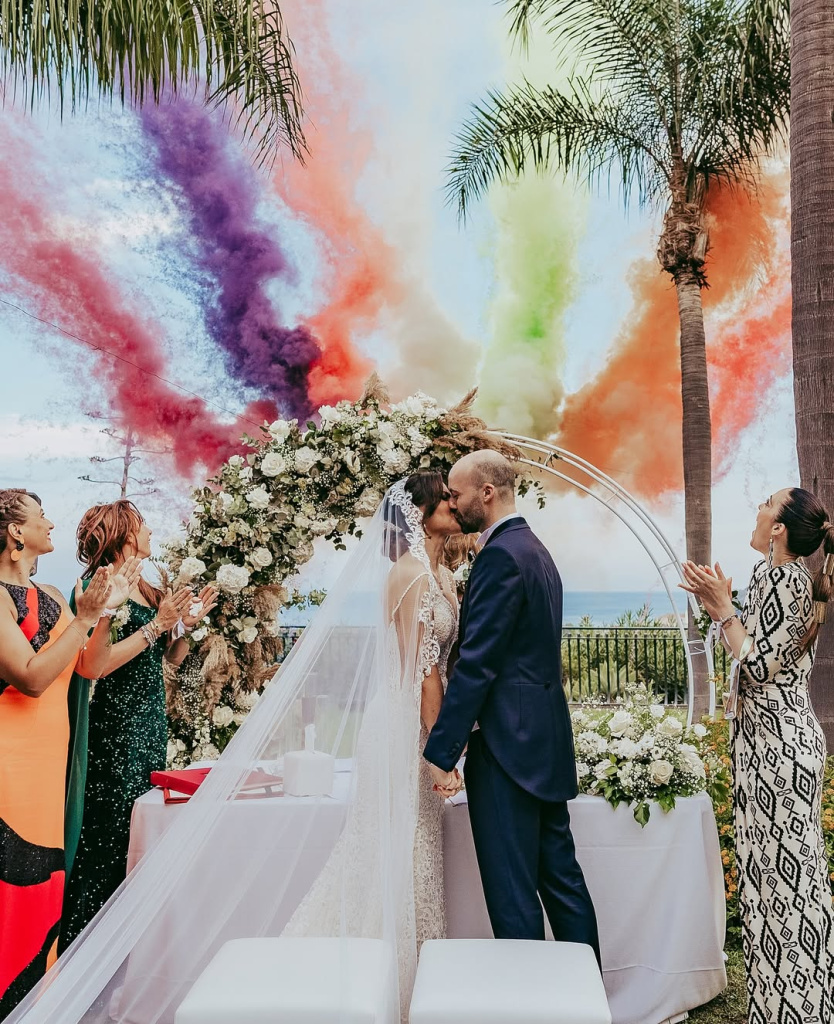
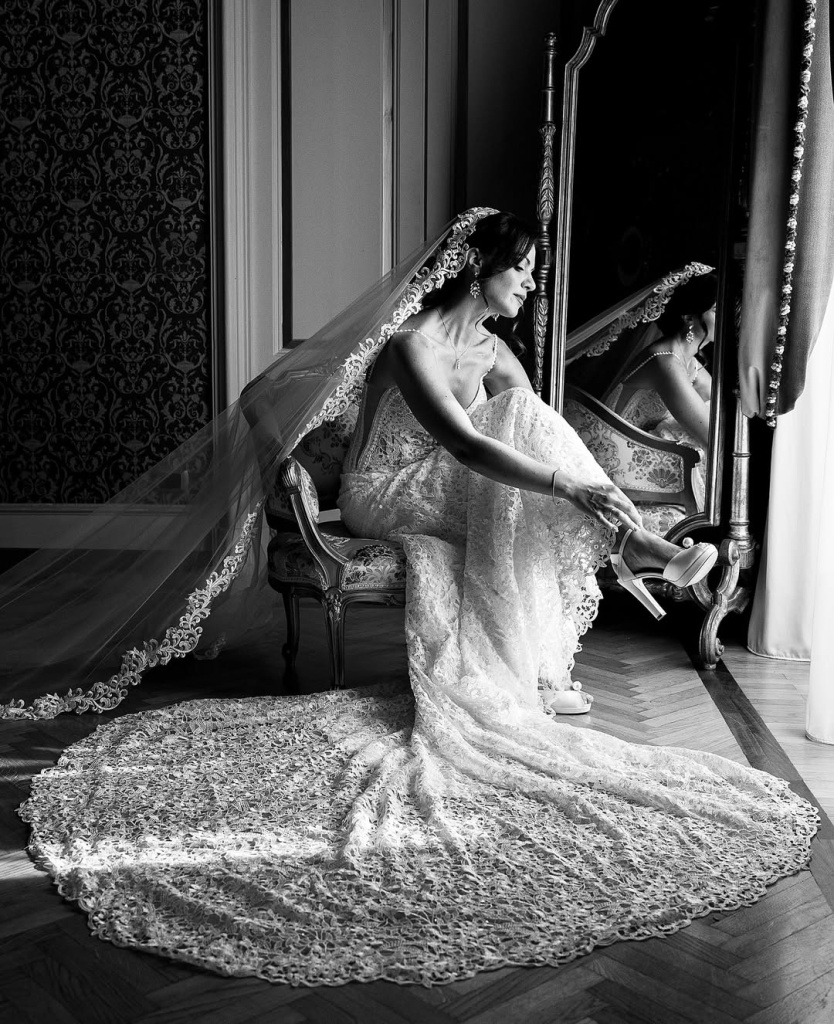
Save this guide and share it with your engaged friends—because everyone deserves to find their perfect wedding photographer match!







